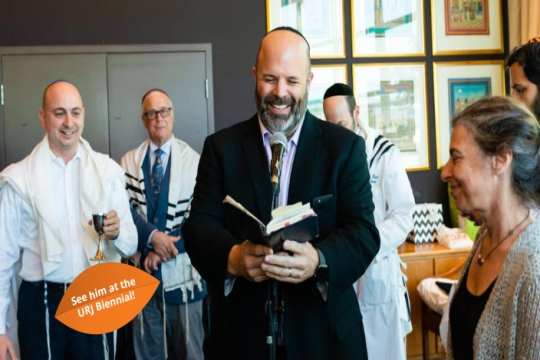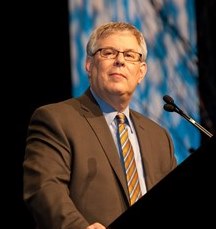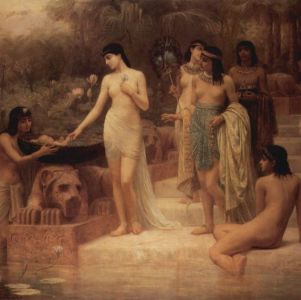
This week we dive into the second book of the Torah, Exodus. While the book of Genesis traversed thousands of years, Exodus focuses on the evolution of the Israelites as a people for 40 defining years.
The Hebrew name for this book of the Torah and for the weekly portion, Shemot (Names), refers to the names of the sons of Jacob and their progeny who dwelled in Egypt at the end of the book of Genesis -- a total of 70 individuals. Shemot continues the story of their line, albeit 400 years later. During the interim, "the Israelites were fertile and prolific, they multiplied and increased very greatly, so that the land was filled with them" (Exodus 1:7).
So when "a new king arose over Egypt who did not know Joseph" (or remember the contributions of a former pharaoh's most trusted advisor), this new Pharaoh was threatened by the large non-Egyptian population in his country, fearing that "in the event of war they may join our enemies in fighting gains us from the ground" (Exodus 1:10). This led to policies of oppression and slavery of the Israelites in Egypt, but that did not succeed in slowing their growth. "The more they were oppressed, the more they increased, and the Egyptians came to dread the Israelites" (Exodus 1:12).
How many times in history of have rulers rallied their populations to fear the growth of an outside people in their midst? The strategies rulers employ to deal with the perceived threat range from expulsion to genocide, slavery and degradation. Leaders rarely attempt to move their populations to see the value of the religious or cultural "other" in their midst, seeing fear of the other as a valuable political tool. We have little evidence of ruling powers codifying the value (and challenge) of diversity into their legal codes.
We have watched the imposition of controls on fertility to little avail in contemporary China and ancient Egypt. We have witnessed genocides in Europe Cambodia and Darfur, and the enslavement or expulsion of mass populations numerous times in human history. But none of these approaches seem to have the desired long term outcome of stabilizing society and maintaining a self-imposed peaceful environment.
Moses recognizes this early in his life. Young Moses acts on what he sees as a simple matter of right and wrong. He slew a taskmaster beating the Israelite slave, but doesn't know how to deal with the Israelite's question in response to his bold action: Who made you chief and ruler over us (Exodus 2:4)? His "rightness" was not self-evident to his own people, who feared that Moses would impose the same impulsive, judgemental responses upon them as he did early on in his rise to leadership.
When God instructs Moses to go to Pharaoh to demand the Israelite's release, Moses begs "Please, O my Lord, make someone else your agent" (Exodus 4:13). He feared less his own inadequacy as a spokesperson than his doubt that the people would actually follow him as leader. Moses may have understood his own greatness, his own role and potential as a leader, but he had not yet convinced himself of the greatness and potential of the Israelite people.
Only when he appealed to the aspirations of the people to attain some sovereignty or control over their own lives did he succeed. It took Moses time to recognize that the people are imbued the great human resources and potential.
Moses' newfound self-confidence, inspired by God's trust in Moses' capabilities as a leader, allowed the realignment of the history of the Israelite people. His role was to unleash their courage and vision, and to help them overcome their fears of self assertion - just as he had in the early years of his life.
As Israel prepares for national elections, Jews throughout the world pray that something of Moses' mature spirit rests upon our contemporary leaders.
This May, Israel will celebrate her 65th birthday, and there is much to celebrate. This includes, most basically, the miraculous transformation of a once battered and bruised people into a free and secure nation, and the renewal of Jewish religious and secular culture and the Hebrew language.
At the same time, Israel faces serious challenges when it comes to issues of diversity. Religiously, the ultra-Orthodox wield far too much governmental power, making it difficult for non-Orthodox Jews to fully express their spiritual values. Culturally, Arab Israelis are still not always treated with the personal dignity and legal rights they deserve as a minority. And, of course, the ongoing Israeli-Palestinian conflict, with all of its complexity, remains the most significant moral issue for both peoples.
As we begin the annual reading of the book of Exodus, we call on our political leaders in Israel to carefully reread this time-honored narrative, seeing themselves as modern-day figures like Moses and Miriam, who have the great opportunity and responsibility to help shape a diverse and promising Jewish and democratic society in our ancestral homeland.
Rabbi Daniel Freelander serves as vice president of the Union for Reform Judaism.
Originally published at Huffington Post
Related Posts
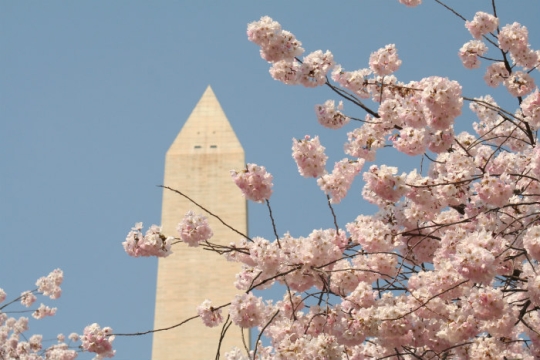
Awakening to the Moral Imperatives of this Moment
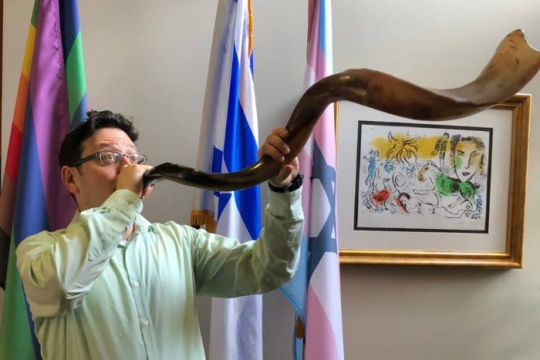
Navigating COVID: Our Ancestors Pointed the Way
